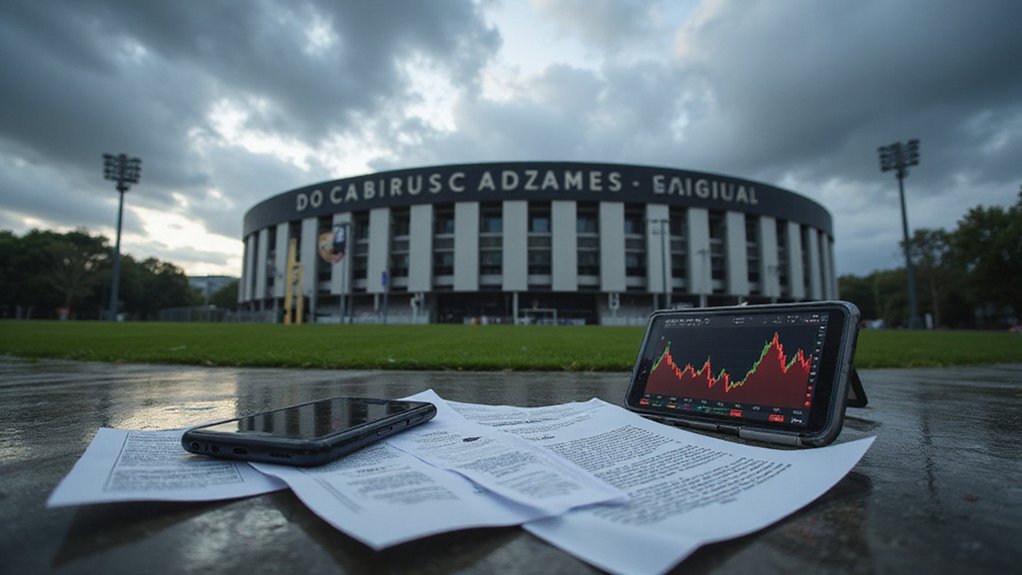While traditional banks continue to wrestle with cross-border payment systems that move money about as efficiently as a medieval ox cart, Google Cloud has decided to throw its considerable technological weight behind a blockchain solution that promises to drag global finance kicking and screaming into the 21st century.
The Google Cloud Universal Ledger (GCUL) represents the tech giant’s ambitious foray into Layer 1 blockchain territory, targeting the multi-trillion-dollar cross-border payments market with the kind of audacious confidence that only comes from running a significant portion of the internet’s infrastructure.
GCUL’s architecture reads like a wish list compiled by frustrated financial institutions: 24/7 settlement capabilities, predictable monthly fees instead of volatile gas costs, and a single API interface that eliminates the integration nightmare currently plaguing payment providers.
The platform operates as a permissioned, compliance-focused system requiring KYC verification—a design choice that will certainly rankle blockchain purists who prefer their decentralization served with a side of anonymity.
The strategic positioning against established players like Ripple, Circle, and Stripe hinges on GCUL’s promise of “credible neutrality”—essentially offering a Switzerland-like approach where any stablecoin issuer or financial institution can participate without pledging allegiance to a particular corporate ecosystem.
This neutrality becomes particularly relevant when considering the stablecoin market‘s projected $30 trillion valuation by 2026, a figure that transforms GCUL from interesting experiment to potentially game-changing infrastructure. The stablecoin transaction volumes already reached $30 trillion in 2024, demonstrating the enormous scale and market potential that GCUL aims to capture. The current $180 billion stablecoin market already requires sophisticated oversight frameworks to prevent market disruptions and ensure stability.
Google’s partnership with CME Group for pilot testing demonstrates the platform’s serious institutional aspirations, focusing on tokenized products and wholesale payments that could modernize financial market operations.
The Python-based smart contract platform aims to leverage Google Cloud’s global network to scale toward billions of users—an ambitious target that assumes widespread adoption of what some observers characterize as more consortium blockchain than truly decentralized network.
Whether GCUL succeeds in simplifying the Byzantine complexity of international payments remains to be seen, but Google’s entry signals that even tech giants recognize the current financial system’s inefficiencies represent an opportunity too lucrative to ignore.








